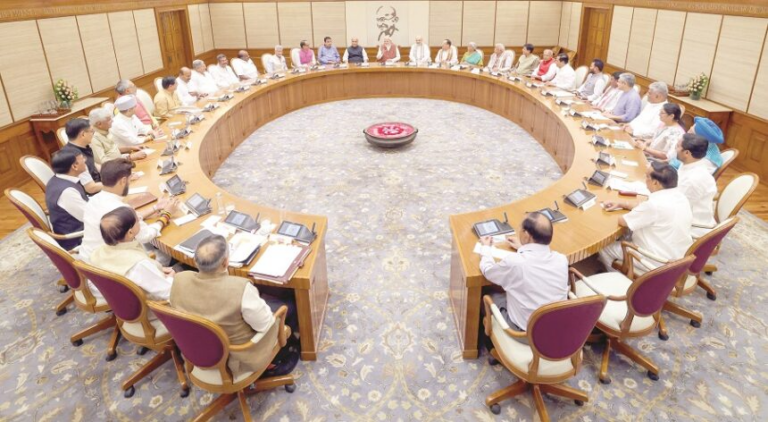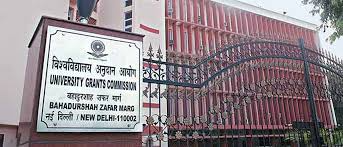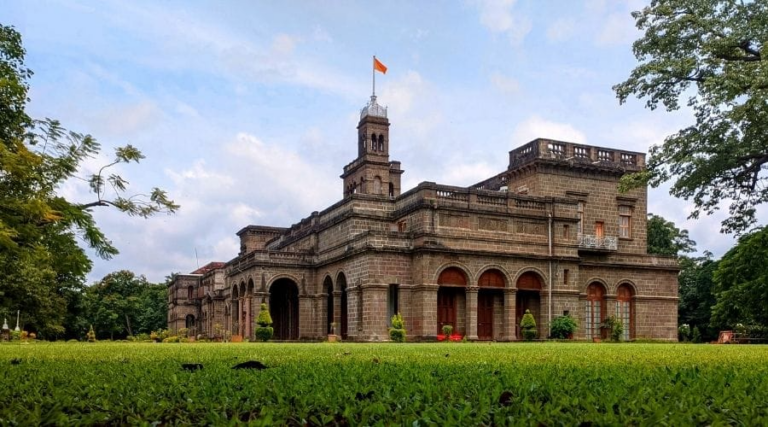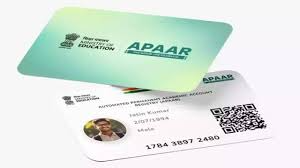
Abhyspeeth Education Desk
New Delhi : The Supreme Court of India has agreed to hear a petition challenging the decision of the National Board of Examinations (NBE) to conduct NEET-PG 2025 in two separate sessions. The move comes amid growing concerns among medical aspirants about possible disparities in difficulty levels between the sessions, which could impact merit-based selection.
The petition was mentioned on Monday before a bench headed by Chief Justice D.Y. Chandrachud and Justice Augustine George Masih. Taking note of the urgency, the bench assured the petitioner’s counsel that the matter would be listed for hearing within the next two days. The counsel had pointed out that despite a previous assurance on May 23 to hear the matter the following week, it was yet to be listed.
At the heart of the petition is the demand that NEET-PG be held in a single session across the country, instead of two, to ensure a level playing field for all candidates. The plea argues that conducting the exam in multiple sessions with varying difficulty levels can result in unjust outcomes despite normalization procedures.
The NEET-PG 2025 examination is currently scheduled for June 15, and will be conducted in two computer-based sessions. Admit cards are expected to be released on June 2, with results slated for July 15. However, if the Supreme Court finds merit in the petition, it could lead to significant changes in the exam format or schedule.
This legal development follows recent directions from the apex court to improve transparency in the NEET-PG counselling process. In an earlier ruling, the Court had asked NBE and related authorities to publish raw scores, answer keys, and normalization formulas to prevent manipulation and ensure fairness during seat allocation.
Student communities and education activists have welcomed the Court’s intervention, stating that it highlights the growing demand for standardization in national-level entrance exams. Many argue that while normalization techniques aim to bridge gaps in difficulty levels, they cannot entirely substitute the fairness that a single-session exam guarantees.
As lakhs of candidates prepare for this critical postgraduate medical entrance test, uncertainty over the final exam format has added pressure to an already competitive atmosphere. The Supreme Court’s decision in the coming days will be crucial in determining whether the current two-session plan will hold or be revised in the interest of fairness.






